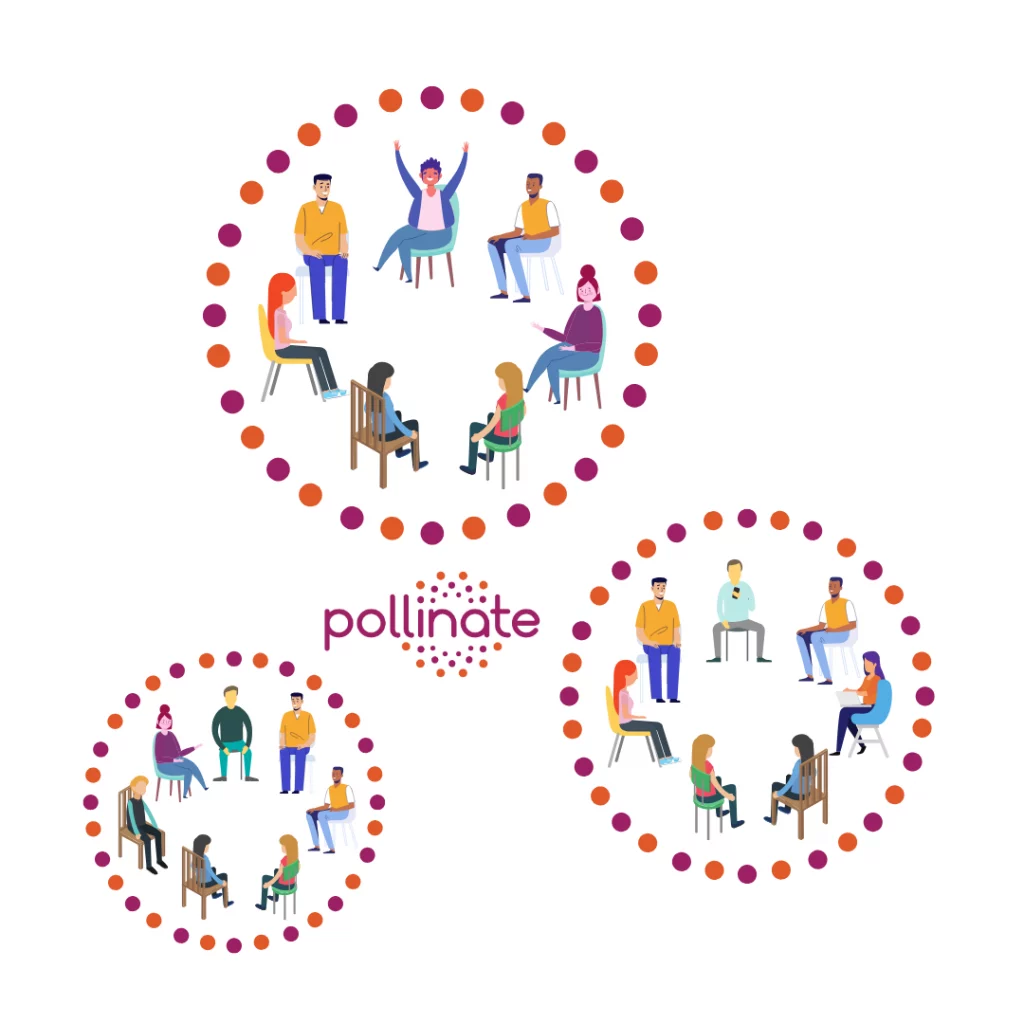
Evidence-Based Benefits of Mentorship for Businesses and Entrepreneurs
Mentoring is an integral part of organizational development for businesses around the world and across industries. 92% of small business owners with access to mentors have reported a positive impact on the growth of their business in their early years, and 93% of young entrepreneurs have expressed a desire for mentoring by industry professionals who have followed a similar path to their own. Despite the reported positive impact of mentoring programs in small businesses and the desire of young professionals to be mentored, studies have shown that only 25% of small and medium-sized business owners have access to a mentor. This disconnect highlights a critical opportunity for bridging the gap between the desire for and the access to a mentor in the formative years of a business.

Businesses owned by young entrepreneurs that have actively engaged in a formal mentoring program can see impressive gains over those without. One study showed that revenue growth in businesses run by young entrepreneurs with formal mentors was 35% higher than average when compared to those with minimal or no mentorship. Furthermore, these businesses saw 40% better market penetration in geographical or product line expansion, 50% higher rate of funding, and 60% higher survival rate over 3 years.
Studies show that implementing mentorship programs in businesses significantly improves participant motivation, attitudes, and a sense of being valued by colleagues. These programs positively affect both mentors and mentees, with participants being more likely to stay with their organizations, showing retention rates as high as 69–72%, compared to just 49% in companies without such programs. Participants are also over five times as likely to receive raises and promotions, demonstrating the broad impact of mentorship on professional growth and satisfaction.
There are clear benefits for businesses that have implemented mentorship programs, in terms of both financials and organizational development. However, the matching criteria and the quality of matches are of huge importance to the success of such a program. Some of the largest challenges faced by businesses when aiming to implement mentorship programs are defining clear goals, defining clear success metrics, gathering data on participants, scaling with complexity, setting goals for diversity and inclusion, and managing participant engagement and expectations.

This is where mentor matching platforms fit in. Many of the challenges faced by businesses looking to implement mentorship programs can be mitigated or eliminated with mentor matching platforms. Mentor matching software allows you to easily facilitate intakes, track progress, and gain insights into areas of improvement, reducing the effort required for mentors and mentees to enroll. This makes them much more accessible, allowing them to be scaled to much larger sizes without significantly increasing workload. Mentor matching software also ensures strong matches and provides a centralized platform to upload mentor/mentee learning resources to ensure that all mentoring relationships start strong.
Pollinate Networks Inc. aims to empower businesses by giving them access to effective mentoring programs. In 2017, Pollinate established a mentorship program for Women for Nature, aiming to promote the growth of women leaders in the natural sciences. The program remains ongoing, with 92% of respondents in the 2023 program stating they would recommend the program to their colleagues. Another program established for a global science-based company used a proprietary matching algorithm where more than 9000 participants were paired between 2018 and 2024. This run also globalized the program, not focusing on matching within specific regions, where over 90% of mentees were matched with a mentor for their priority development areas. The program showed a high satisfaction rate, with 97% of respondents recommending the program to their colleagues.
Mentoring programs can also play a key role in promoting diversity, equity, and inclusion within businesses. Businesses with a diverse leadership team have shown up to a 33% increase in profits, and statistics have shown that there is a 15-38% increase in promotions and employee retention for women and minorities who are participants in mentoring programs. Formal mentorship programs can also help to foster a sense of fairness that disproportionately benefits minority groups. A recent study found that 25% of women and minority employees without access to formal mentoring programs will seek out mentors on their own, compared to only 18% across all respondents.
Overall, it’s clear that mentorship programs provide a huge benefit to businesses, both direct and indirect, through increased profits, productivity, market penetration, promotion rates, and through promoting feelings of being valued and supported by their business. There are many supporting studies, as well as Pollinate’s first-hand accounts of strong successes for businesses, showing the case for mentoring programs within businesses.
Sources
The Vital Role of Mentors in Small Business Success
Mentoring Statistics in 2024: Everything You Need to Know
Mentoring Statistics 2025: Tomorrow’s Blueprint
Workplace Loyalties Change, but the Value of Mentoring Doesn’t
Is there a proven business case for mentoring programs in organisations?
Assessing the Impact of Mentorship Programs on Student Entrepreneurial Success: A Longitudinal Study



